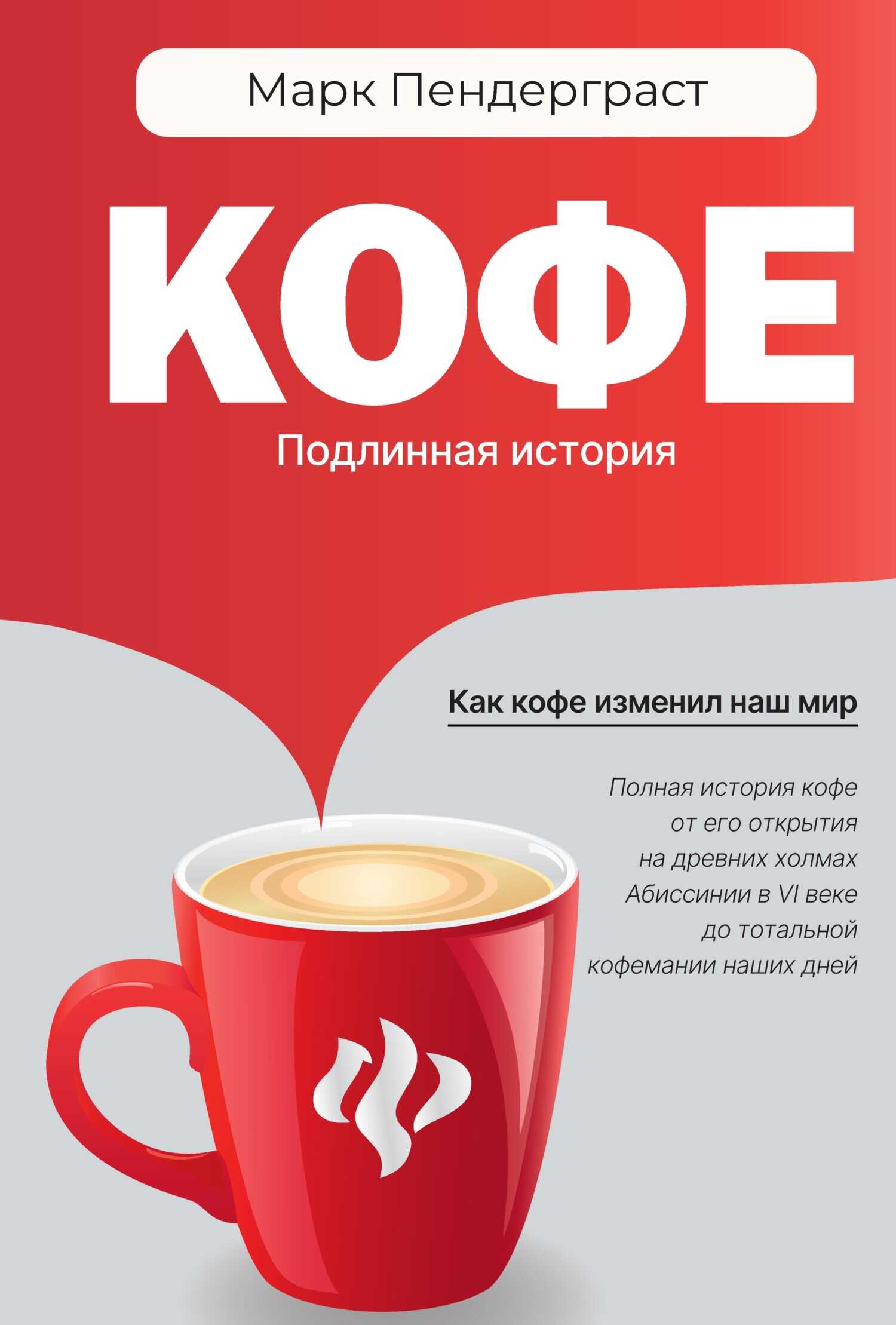Книга Османы. Как они построили империю, равную Римской, а затем ее потеряли - Марк Дэвид Бэр
Читать книгу Османы. Как они построили империю, равную Римской, а затем ее потеряли - Марк Дэвид Бэр полностью.
Шрифт:
-
+
Интервал:
-
+
Закладка:
Сделать
Перейти на страницу:
Перейти на страницу:
Книги схожие с книгой «Османы. Как они построили империю, равную Римской, а затем ее потеряли - Марк Дэвид Бэр» от автора - Марк Дэвид Бэр:
Комментарии и отзывы (0) к книге "Османы. Как они построили империю, равную Римской, а затем ее потеряли - Марк Дэвид Бэр"








